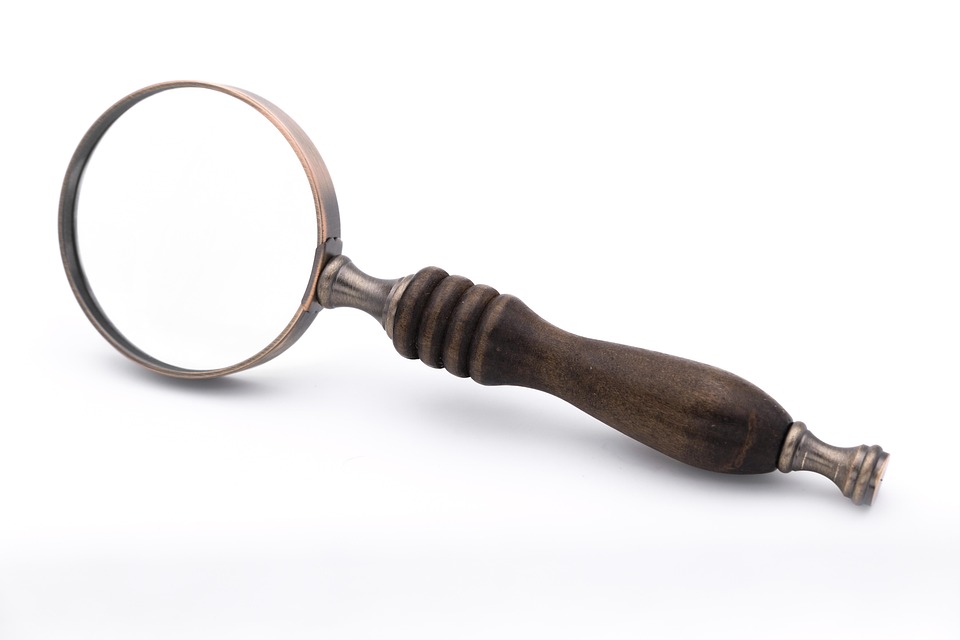Crafting the Perfect Detective Cover Letter: Tips for Aspiring Investigators
The world of detective work is as thrilling as it is complex. If you’re an aspiring investigator eager to dive into this enigmatic realm, your cover letter is your first chance to make a lasting impression. But how do you weave together your passion for solving mysteries and your professional aspirations into a compelling narrative? Here are some essential tips to guide you.
1. Begin with a Hook
A captivating opening is crucial. Don’t just state your desire for the position; instead, paint a picture. Perhaps you recall the moment you first became fascinated by the intricacies of a crime novel or a true crime documentary that ignited your passion. A personal anecdote not only grabs the reader’s attention but also establishes a connection. Consider a line like, “From the moment I read about Sherlock Holmes, I knew that the pursuit of truth was my calling.”
2. Highlight Relevant Skills
As a detective, keen observational skills, analytical thinking, and effective communication are paramount. Rather than simply listing these attributes, illustrate them through real-life experiences. For instance, discuss a time when your attention to detail helped resolve a tricky situation or how your investigative skills led to uncovering vital information in a project. Numbers often speak louder than words—if you can quantify your achievements, do so. “By conducting thorough interviews, I successfully increased the accuracy of our findings by 30%.”
3. Demonstrate Passion and Commitment
Your enthusiasm for the field should shine through. Discuss your journey—what led you to this path? Maybe it was a volunteer experience with local law enforcement or a university course that sparked your interest. Conveying your commitment to continuous learning is equally important. Mention any relevant courses, workshops, or certifications you’ve undertaken. For example, “I recently completed a course in cybercrime investigations, equipping me with the latest techniques in digital forensics.”
4. Tailor Your Letter
Generic cover letters are easily spotted and often dismissed. Research the organisation you’re applying to and align your skills with their needs. If they focus on community engagement, highlight any relevant volunteer work. If they pride themselves on innovative investigation techniques, mention your adaptability and eagerness to embrace new technologies. This tailored approach shows not just your qualifications but also your genuine interest in the role.
5. Maintain Professionalism and Clarity
While creativity is key, professionalism must not be overlooked. Use a clear, concise writing style that reflects your ability to communicate effectively—an essential skill for any investigator. Avoid jargon unless it’s widely understood in the law enforcement community. A well-structured letter with proper grammar and punctuation demonstrates your attention to detail and respect for the reader.
The Final Touch
As you wrap up your cover letter, reiterate your enthusiasm for the role and express your eagerness for an interview. A closing line such as, “I am excited about the opportunity to contribute my skills to your esteemed team and look forward to discussing how I can aid in your mission,” leaves a strong final impression.
In the competitive world of detective work, your cover letter can set you apart. Craft it with care, infusing your unique voice and experiences to showcase your candidacy. Just as CVPortal continues to provide a wealth of high-quality CV examples, remember that your journey is only just beginning, and each step you take brings you closer to your goal.


